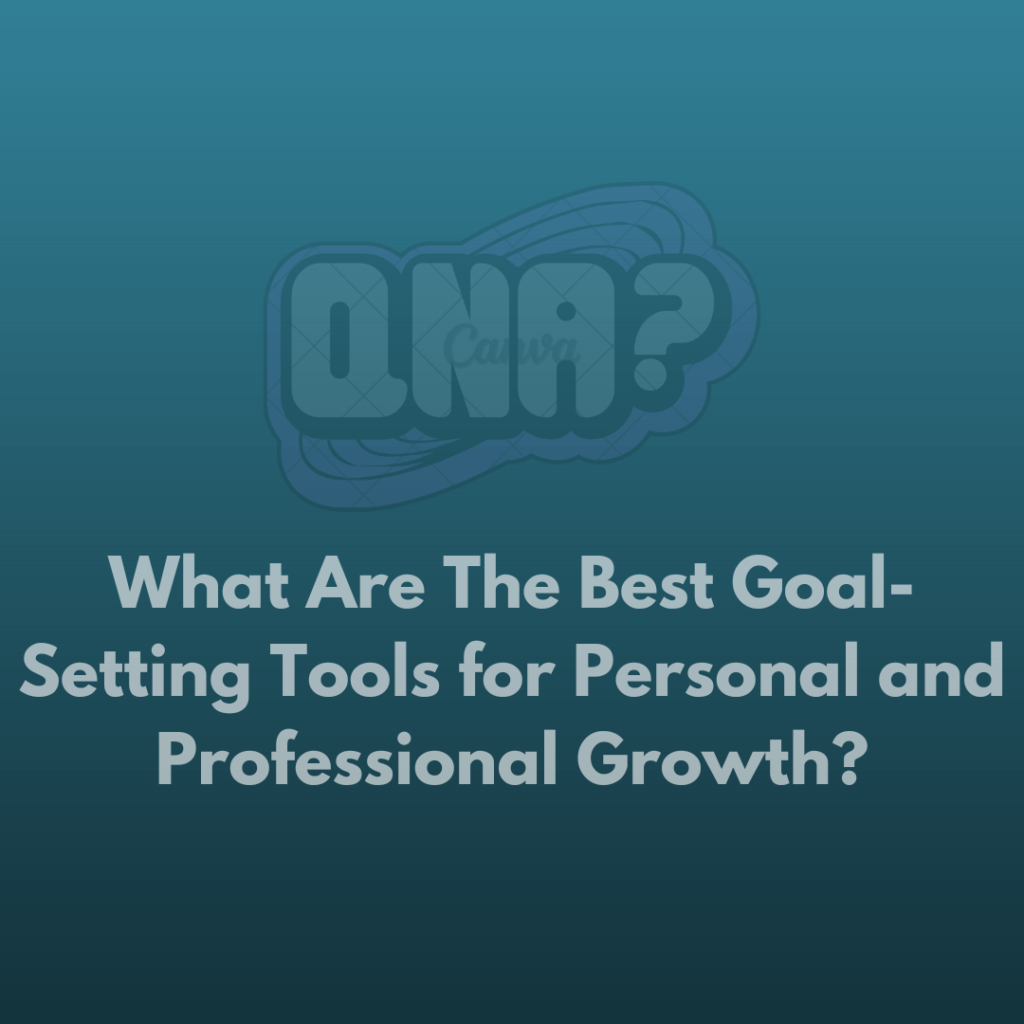Answer | How Can Online Learning Platforms Boost Your Professional Skills In Coming 2025?
The job market has been changing at a fast pace; therefore, continuous learning and upgrading of skills have been the order of the day if one wants to grow and succeed professionally. Online learning platforms have helped people acquire new knowledge, upgrade their existing skills, and thrive in this constantly changing work environment. This paper discusses how digital learning resources may significantly enhance your professional skills, equip you with tools, and help you apply strategies for professional excellence.
Evolution of Online Learning Platforms
The educational landscape has dramatically changed over the past years, and online learning platforms have contributed to the key role in this change. As per Global Market Insights, the global e-learning market has grown considerably to reach approximately $325 billion by 2025. This surge in popularity may be ascribed to a variety of factors: increased accessibility, flexibility, and growing demands made by a rapidly expanding lifelong learning population.
Online learning platforms provide a wide variety of courses, from short, skill-based modules to comprehensive degree programs, suiting a wide array of interests and learning styles. This makes learning even more inclusive, able to accommodate different individual ways of learning. Recently, the COVID-19 pandemic accelerated further adoption of online learning, as many professionals turned to online learning platforms to upskill or reskill amidst times of uncertainty and change.
Benefits of Online Learning in Professional Development
This, therefore, becomes one of the primary advantages that can be offered by online learning platforms: flexibility. In a conventional setting, one is needed to attend the classes physically. With these platforms, there is ease of access to course materials and lectures at one’s convenience. This helps in balancing professional development with work and other personal commitments. This flexibility is especially very useful for working professionals who might not have the time and resources to attend in-person classes.
Moreover, the learning platforms are cheaper—courses are only a fraction of the cost of the traditional ones. Some online courses and platforms are free of charge for learning or offer auditing class options without any costs. All this democratization in education allows people from all walks of life and different financial backgrounds to study and learn something new.
You Would Like To Read This One: Que | What Are The Most Effective Study Techniques for Online Learning?
Another major advantage is the wide range of courses on offer. Online platforms give access to an enormous array of fields, from technical skills in programming and data analysis to soft skills in leadership and communication. Such variety allows professionals to create a personalized learning pathway in terms of their career goals and what industry requirements will be needed.
Popular Online Learning Platforms and Their Unique Features
Other online learning platforms are very popular, all with their distinctive characteristics and areas of specialization:
Coursera partners with top universities and companies around the world to offer a robust menu of courses, specializations, and even degree programs. It gains its strength from its academic rigor and the credibility of its partnering institutions. Another unique feature of Coursera is that it offers “Guided Projects,” hands-on learning experiences in a wide variety of technical skills.
EdX, founded by Harvard and MIT, focuses on high-quality courses from well-known educational institutions. It hosts the MicroMasters program, which is credited toward full master’s degrees at participating universities. This platform is, therefore, very helpful to those who want recognized credentials from the more famous schools.
Udemy serves a wide audience through its huge library of courses individually created. This is an excellent platform to learn any skill quickly since most courses are related to practical topics about the industry. The strengths of Udemy lie in the variety and the fact that one gets to learn from industry practitioners.
It is designed to be very compatible with the professional network at LinkedIn. Courses are oriented towards business, creative, and technology fields. One of its features is to enable one to add completed courses to a person’s LinkedIn profile; this, therefore, ensures that one gets new skills that will be shown to potential employers.
Strategies for Effective Learning on Online Platforms
For one to best use the online learning platforms, here are several strategies that have to be applied:
Setting clear goals means defining what professional development one wants to achieve before embarking on your online learning journey. Do you want to gain some specific skills, change your current job, or probably get some certification? This will help in keeping you focused on the more relevant courses and motivated during your learning journey.
Create a learning schedule: While an online learning advantage presents flexibility, the most important thing is to create a routine of constant learning. Make time specifically for your course and treat it as any other professional commitment. This kind of discipline will let you make steady progress with your selected course completion.
Engage Actively with Course Materials: Online learning is essentially self-motivated; it requires participation. Take notes, engage in the discussion forums, and be sure to complete all assignments and quizzes. Many platforms have interactive features, like peer-reviewed assignments or group projects, that delve deeper and help students to a great degree understand the material and relate it to others.
Apply It in Real-World Contexts: Seek every opportunity to apply the skill you learned in your daily job or personal projects. This practical application will truly nail down your learning and demonstrate it to current or potential employers.
Network with Fellow Learners: Most online platforms have community features or discussion forums. Engage with your peers; share your insights and build professional connections. This can create opportunities for collaboration besides adding a diversity of perspectives to the course material.
Seek Certifications and Credentials: Many online platforms offer certificates of completion. Of course, these might not mean much in comparison to traditional college degrees, but they do come in handy on a resume, evidencing your commitment to lifelong learning and specific skill sets.
Overcoming Issues of Online Learning
While online learning portals offer various advantages, they also present specific challenges. By understanding and addressing these challenges, you can greatly optimize your learning experience:
Self-Motivation and Discipline: Probably the biggest challenge for any online student is undoubtedly the maintenance of motivation and will to learn, absent the conventional classroom structure. Combat this by setting small, reachable goals and rewarding yourself when you meet them. Consider finding someone who can hold you accountable or joining online study groups to stay on track.
Time Management: One of the most challenging things related to online learning is finding a balance between working, studying, and your personal life. Effective time management tools such as the Pomodoro Technique or simply blocking out your time will ensure you put aside sufficient study time without neglecting other commitments.
Technical Issues: Online learning depends on technology, and technology is notorious for having its off-days. Be prepared to apply by ensuring you are compliant with the technical requirements and by preparing for connectivity issues with the internet. Most of the online platforms have mobile apps so that you can keep up with course content even on the go.
Isolation: Face-to-face interaction is lacking in most instances, thereby sometimes paving the way to isolation. Engage yourself in discussion forums, virtual study groups, or local meetups, if available.
Information Overload: With so many courses, there is just too much information out there, leaving one overwhelmed. Only stick to those courses that have maximum relevance for your professional goals, and never get tempted to enroll in too many courses all at once. Sometimes the quality of learning is better than the quantity.
The Future of Online Learning and Professional Development
Second, with the continuous growth in technology, we will see further development of online learning platforms that offer more innovative ways to enhance professional skills through artificial intelligence and personalized learning. Probably, AI algorithms will be at the core of personalization depending on the progress of learning, styles, and objectives pursued. All of this can make the attainment of skills more efficient and effective.
Virtual and Augmented Reality: Immersive technologies can be integrated into online courses to allow for practical experience in virtual environments. This could have potential applications where practical skills are taught, like in medicine or engineering.
Micro-Credentials and Nano-Degrees: With the job market continuing to value specific skills over conventional degrees, there might be further growth in micro-credentials and nano-degrees. Such shorter, much more focused programs could provide quicker ways to gain desirable skills.
Integration with Professional Platforms: Closer integration between learning platforms and professional networks or job boards could create an almost seamless connection between the acquisition of skills and career opportunities.
Blockchain Verification: Blockchain technology can be used in providing irrefutable, tamper-proof records of completed courses and acquired skills, further lending credibility to online certifications.
The Role of Employers in Online Learning
As online learning becomes increasingly the reality, its value is being recognized by far-reaching companies that are now integrating it into their strategies for employee development. Some businesses have teamed up with online learning platforms to build tailored training programs that meet their needs. Others offer stipends or reimbursements to employees for completion of relevant online coursework.
This tendency only underscores the need to discuss your online learning goals with your employer. Many companies are ready to invest in employees’ further professional development since they treat it as an investment in their labor force. Aligning your online learning with your organization’s objectives may bring about financial support, dedicated time to learn, or even opportunities to apply acquired skills within your current role.
Measuring the Impact of Online Learning on Your Career
To understand the value that online learning platforms offer in increasing professional potential, you will need to measure their impact on your career. Consider the following methods:
Keep a Record of Your Skill Development: Make an outline or a checklist of the skills you have so far gained or have improved through online learning. Keep tracking upscaling in all those skills and how they contribute towards performing better in a job.
Monitor Career Progression: Notice how career growth has changed with the acquisition of new skills. Have you gained additional responsibilities? Promotion? Successful change in career? Any of these might be a pointer to the success of your online learning.
Gather Feedback: Reach out to peers, supervisors, or mentors for feedback concerning changes they may have observed in your performance. This outside perspective can give a great view of how well you applied your learning.
Check your earning potential by evaluating how the skills you have acquired through online learning impact your value in the job market. This is doable through websites such as Glassdoor or PayScale, which provide salary data for professionals with certain skill sets.
Job Opportunities: Keep track of the job postings in your industry. Are you now qualified to apply for new jobs that previously would have been out of your reach? This can be a clear indication of how online learning has opened up your professional options.
Conclusion & Final Thoughts
Online learning platforms have evolved professional development by opening avenues to gain knowledge and skills that give a boost to careers. Flexibility, affordability, and a wide range of courses offered by the platforms help professionals take their learning journey in hand and be competitive in their constantly changing job markets.
The formula to success lies in the strategic approach one takes while learning. Clearly define your goals and choose courses that directly link with your work targets. Regularly committing to active learning; will make a huge difference. Find a way of getting through constraints, using effective time management, and self-motivation, and participating in these online learning communities. Grasp chances of implementation and networking as provided by these platforms.
Online learning platforms are likely to become even more indispensable in the future for professional development. Advanced technologies are being integrated, micro-credentials are gaining relevance, and employers are increasingly recognizing online certifications—all auguring a future in which continuous, accessible learning is taken as the norm.
Keep in mind that developing your professional competencies is a continuous process. Work is changing so fast that the ability to learn and adapt quickly has become a very important skill. Using online learning platforms effectively thus does not give you new knowledge but a mindset for lifelong learning, which will prove very useful in your career.
Welcome the opportunities that online learning platforms bring your way, and use them as a launching pad in your professional growth. With dedication, strategy, and proper resources, you will be well on your way to reshaping your career trajectory and opening up all new avenues of opportunities. It’s an empowered world at your fingertips—yours for the taking to propel your professional journey to new altitudes.


